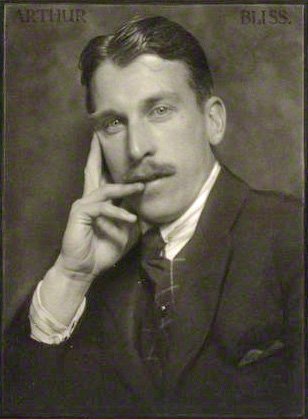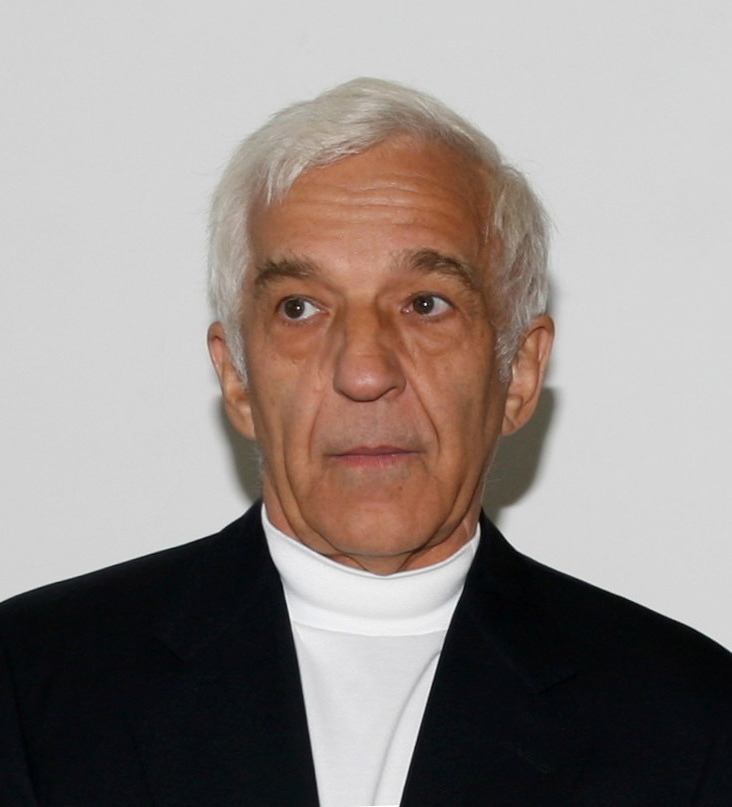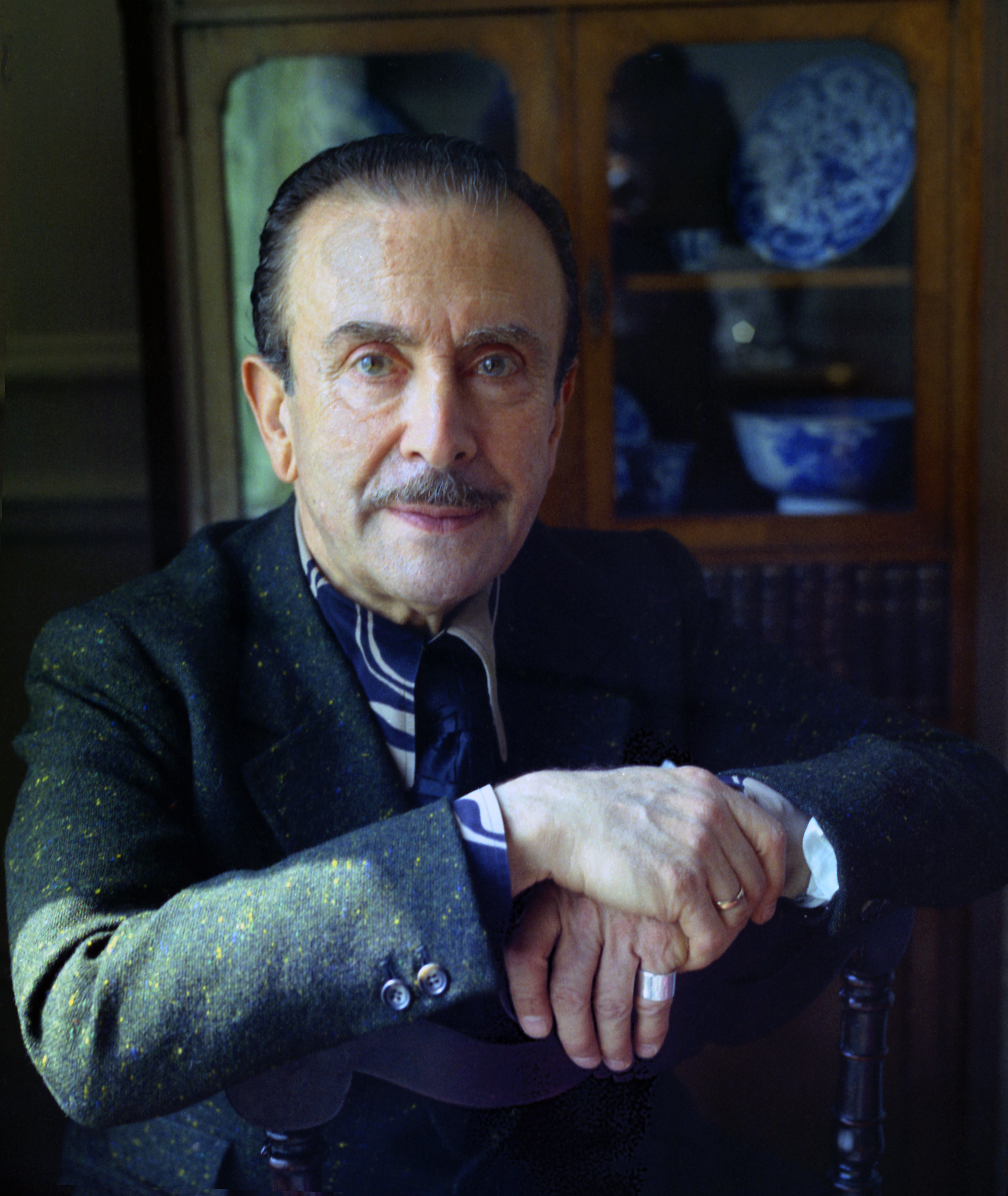|
Philip Fowke
Philip Fowke (born 28 June 1950) is an English pianist. Biography Philip Francis Fowke studied at the Royal Academy of Music (RAM) with Gordon Green, a pupil of Egon Petri. In 1974 he made his London debut with a recital at the Wigmore Hall (Beethoven, Schumann, Bartók and Liszt). That year he won joint second place at the BBC Piano Competition (first place was not awarded). This led to broadcasts on BBC radio in a performance of Rachmaninoff's ''Rhapsody on a Theme of Paganini''. In 1977, he was 5th placed finalist in the inaugural Sydney International Piano Competition. He entered the International Tchaikovsky Competition in Moscow but was not a finalist. Fowke made his Proms debut in 1979 with a performance of John Ireland’s '' Piano Concerto in E-flat major'', with the BBC Scottish Symphony Orchestra under Simon Rattle. His other appearances at the Proms include Constant Lambert's Piano Concerto and Richard Addinsell's ''Warsaw Concerto''. In 1979 also, he performed tw ... [...More Info...] [...Related Items...] OR: [Wikipedia] [Google] [Baidu] |
Royal Academy Of Music
The Royal Academy of Music (RAM) in London, England, is the oldest conservatoire in the UK, founded in 1822 by John Fane and Nicolas-Charles Bochsa. It received its royal charter in 1830 from King George IV with the support of the first Duke of Wellington. Famous academy alumni include Sir Simon Rattle, Sir Harrison Birtwistle, Sir Elton John and Annie Lennox. The academy provides undergraduate and postgraduate training across instrumental performance, composition, jazz, musical theatre and opera, and recruits musicians from around the world, with a student community representing more than 50 nationalities. It is committed to lifelong learning, from Junior Academy, which trains musicians up to the age of 18, through Open Academy community music projects, to performances and educational events for all ages. The academy's museum houses one of the world's most significant collections of musical instruments and artefacts, including stringed instruments by Stradivari, Guarne ... [...More Info...] [...Related Items...] OR: [Wikipedia] [Google] [Baidu] |
Arthur Bliss
Sir Arthur Edward Drummond Bliss (2 August 189127 March 1975) was an English composer and conductor. Bliss's musical training was cut short by the First World War, in which he served with distinction in the army. In the post-war years he quickly became known as an unconventional and modernist composer, but within the decade he began to display a more traditional and romantic side in his music. In the 1920s and 1930s he composed extensively not only for the concert hall, but also for films and ballet. In the Second World War, Bliss returned to England from the US to work for the BBC and became its director of music. After the war he resumed his work as a composer, and was appointed Master of the Queen's Music. In Bliss's later years, his work was respected but was thought old-fashioned, and it was eclipsed by the music of younger colleagues such as William Walton and Benjamin Britten. Since his death, his compositions have been well represented in recordings, and many of his ... [...More Info...] [...Related Items...] OR: [Wikipedia] [Google] [Baidu] |
David Atherton
David Atherton (born 3 January 1944) is an English conductor and founder of the London Sinfonietta. Background Atherton was born in Blackpool, Lancashire into a musical family. He was educated at Blackpool Grammar School. His father, Robert Atherton, was the Music Master at St Joseph's College, Blackpool and was also a conductor. His mother was a singer. Atherton studied music at Fitzwilliam College at the University of Cambridge. Career In 1967 Atherton was founder of the London Sinfonietta and, as its Music Director, a position he held until 1973, gave the first performance of many important contemporary works. It is now widely regarded as one of the world's leading chamber orchestras. Also in 1967 he was invited to join the music staff of the Royal Opera House, Covent Garden, by Sir Georg Solti. In 1968 he became the youngest conductor ever to appear there, conducting ''Il trovatore''. He spent twelve years as Resident Conductor, giving over 150 performances. Also in ... [...More Info...] [...Related Items...] OR: [Wikipedia] [Google] [Baidu] |
Vladimir Ashkenazy
Vladimir Davidovich Ashkenazy (russian: Влади́мир Дави́дович Ашкена́зи, ''Vladimir Davidovich Ashkenazi''; born 6 July 1937) is an internationally recognized solo pianist, chamber music performer, and conductor. He is originally from Russia and has held Icelandic citizenship since 1972. He has lived in Switzerland since 1978. Ashkenazy has collaborated with well-known orchestras and soloists. In addition, he has recorded a large repertoire of classical and romantic works. His recordings have earned him five Grammy awards and Iceland's Order of the Falcon. Early life Vladimir Ashkenazy was born in Gorky, Soviet Union (now Nizhny Novgorod, Russia), to pianist and composer David Ashkenazi and to actress Yevstolia Grigorievna (born Plotnova). His father was Jewish and his mother came from a Russian Orthodox family. Ashkenazy was christened in a Russian Orthodox church. [...More Info...] [...Related Items...] OR: [Wikipedia] [Google] [Baidu] |
Adolf Schulz-Evler
Adolf Andrey Schulz-Evler (12 December 185215 May 1905) was a Polish-born composer. Born in Radom, Poland (at that time part of the Russian Empire), he studied at the Warsaw Conservatory, then under Carl Tausig in Berlin. From 1884 to 1904 he taught at the Kharkiv Music School. He wrote about 52 original pieces. His piano transcription of Johann Strauss II's '' Blue Danube Waltz'': ''Arabesques on "An der schönen blauen Donau"'' has been recorded by many pianists, including Jorge Bolet, Jan Smeterlin, Marc-André Hamelin, Earl Wild, Leonard Pennario, Piers Lane, Byron Janis, Isador Goodman, Benjamin Grosvenor and Josef Lhévinne Josef Lhévinne (13 December 18742 December 1944) was a Russian pianist and piano teacher. Lhévinne wrote a short book in 1924 that is considered a classic: ''Basic Principles in Pianoforte Playing''. Asked how to say his name, he told ''The .... His list of works includes: [...More Info...] [...Related Items...] OR: [Wikipedia] [Google] [Baidu] |
Shura Cherkassky
Shura Cherkassky (russian: Александр (Шура) Исаакович Черкасский; 7 October 190927 December 1995) was a Ukrainian-American concert pianist known for his performances of the romantic repertoire. His playing was characterized by a virtuoso technique and singing piano tone. For much of his later life, Cherkassky resided in London. Early years Alexander Isaakovich Cherkassky (Shura is a diminutive form of Alexander) was born in Odessa (then part of the Russian Empire) in 1909. Cherkassky's family fled to the United States to escape the Russian Revolution. His family was Jewish. Cherkassky's first music lessons were from his mother, Lydia Cherkassky, who once played for Tchaikovsky in St. Petersburg. She also taught the pianist Raymond Lewenthal. In the United States, Cherkassky continued his piano studies at the Curtis Institute of Music under Josef Hofmann. Before studying with Hofmann, however, Cherkassky auditioned for Sergei Rachmaninoff, who ... [...More Info...] [...Related Items...] OR: [Wikipedia] [Google] [Baidu] |
Trinity College Of Music
Trinity Laban Conservatoire of Music and Dance is a music and dance conservatoire based in London, England. It was formed in 2005 as a merger of two older institutions – Trinity College of Music and Laban Dance Centre. The conservatoire has undergraduate and postgraduate students based at three campuses in Greenwich (Trinity), Deptford and New Cross (Laban). Faculty of Music History Trinity College of Music was founded in central London in 1872 by Henry George Bonavia Hunt to improve the teaching of church music. The College began as the Church Choral Society, whose diverse activities included choral singing classes and teaching instruction in church music. Gladstone was an early supporter during these years. A year later, in 1873, the college became the College of Church Music, London. In 1876 the college was incorporated as the Trinity College London. Initially, only male students could attend and they had to be members of the Church of England. In 1881, the College ... [...More Info...] [...Related Items...] OR: [Wikipedia] [Google] [Baidu] |
Carl Maria Von Weber
Carl Maria Friedrich Ernst von Weber (18 or 19 November 17865 June 1826) was a German composer, conductor, virtuoso pianist, guitarist, and critic who was one of the first significant composers of the Romantic era. Best known for his operas, he was a crucial figure in the development of German '' Romantische Oper'' (German Romantic opera). Throughout his youth, his father, , relentlessly moved the family between Hamburg, Salzburg, Freiberg, Augsburg and Vienna. Consequently he studied with many teachers – his father, Johann Peter Heuschkel, Michael Haydn, Giovanni Valesi, Johann Nepomuk Kalcher and Georg Joseph Vogler – under whose supervision he composed four operas, none of which survive complete. He had a modest output of non-operatic music, which includes two symphonies; a viola concerto; bassoon concerti; piano pieces such as Konzertstück in F minor and '' Invitation to the Dance''; and many pieces that featured the clarinet, usually written for the virtuoso clar ... [...More Info...] [...Related Items...] OR: [Wikipedia] [Google] [Baidu] |
Konzertstück In F Minor (Weber)
The ''Konzertstück in F minor for Piano and Orchestra'', Op. 79, J. 282, was written by Carl Maria von Weber. He started work on it in 1815, and completed it on the morning of the premiere of his opera ''Der Freischütz'', 18 June 1821. He premiered it a week later, on 25 June, at his farewell Berlin concert. Background The ''Konzertstück'' started out as a third piano concerto; however, because it is in one continuous movement (in four sections) and has an explicit program, Weber decided not to name it "concerto" but "Konzertstück" (Concert Piece). The score calls for flutes, oboes, clarinets, bassoons, horns, and trumpets in pairs, bass trombone, timpani, and strings. It takes about 17 minutes to perform and a brilliant technique is called for. Structure and Programme On the morning of the ''Der Freischütz'' premiere, Weber played the Konzertstück through to his wife Caroline and his pupil Julius Benedict, and told them the program: :(F minor; Larghetto affetuoso): "A ... [...More Info...] [...Related Items...] OR: [Wikipedia] [Google] [Baidu] |
Richard Strauss
Richard Georg Strauss (; 11 June 1864 – 8 September 1949) was a German composer, conductor, pianist, and violinist. Considered a leading composer of the late Romantic and early modern eras, he has been described as a successor of Richard Wagner and Franz Liszt. Along with Gustav Mahler, he represents the late flowering of German Romanticism, in which pioneering subtleties of orchestration are combined with an advanced harmonic style. Strauss's compositional output began in 1870 when he was just six years old and lasted until his death nearly eighty years later. While his output of works encompasses nearly every type of classical compositional form, Strauss achieved his greatest success with tone poems and operas. His first tone poem to achieve wide acclaim was '' Don Juan'', and this was followed by other lauded works of this kind, including '' Death and Transfiguration'', '' Till Eulenspiegel's Merry Pranks'', '' Also sprach Zarathustra'', '' Don Quixote'', ''Ein Heldenl ... [...More Info...] [...Related Items...] OR: [Wikipedia] [Google] [Baidu] |
Burleske
The ''Burleske in D minor'' is a composition for piano and orchestra written by Richard Strauss in 1885-86, when he was 21. Background Original title and dedication The work's original title was ''Scherzo in D minor'', and it was written for Hans von Bülow, who had appointed Strauss assistant conductor of the Meiningen Court Orchestra.Madison Symphony Orchestra Program Notes However, von Bülow considered it a "complicated piece of nonsense" and refused to learn it. He said the piano part was "Lisztian" and "unplayable", particularly for a pianist with a small handspan (Strauss says that von Bülow could barely reach an octave). Strauss rehearsed the work with the Meiningen Orchestra, conducting and playing the solo part himself, but then set it aside. He wrote to von Bülo ... [...More Info...] [...Related Items...] OR: [Wikipedia] [Google] [Baidu] |
Claudio Arrau
Claudio Arrau León (; February 6, 1903June 9, 1991) was a Chilean pianist known for his interpretations of a vast repertoire spanning the baroque to 20th-century composers, especially Bach, Beethoven, Schubert, Chopin, Schumann, Liszt and Brahms. He is widely considered one of the greatest pianists of the twentieth century. Life Arrau was born in Chillán, Chile, the son of Carlos Arrau, an ophthalmologist who died when Claudio was only a year old, and Lucrecia León Bravo de Villalba, a piano teacher. He belonged to an old, prominent family of Southern Chile. His ancestor Lorenzo de Arrau, a Spanish engineer, was sent to Chile by King Carlos III of Spain. Through his great-grandmother, María del Carmen Daroch del Solar, Arrau was a descendant of the Campbells of Glenorchy, a Scottish noble family. Arrau was raised as a Catholic, but gave it up in his late teens. Arrau was a child prodigy and he could read music before he could read words, but unlike many virtuosos, th ... [...More Info...] [...Related Items...] OR: [Wikipedia] [Google] [Baidu] |






.jpg)
